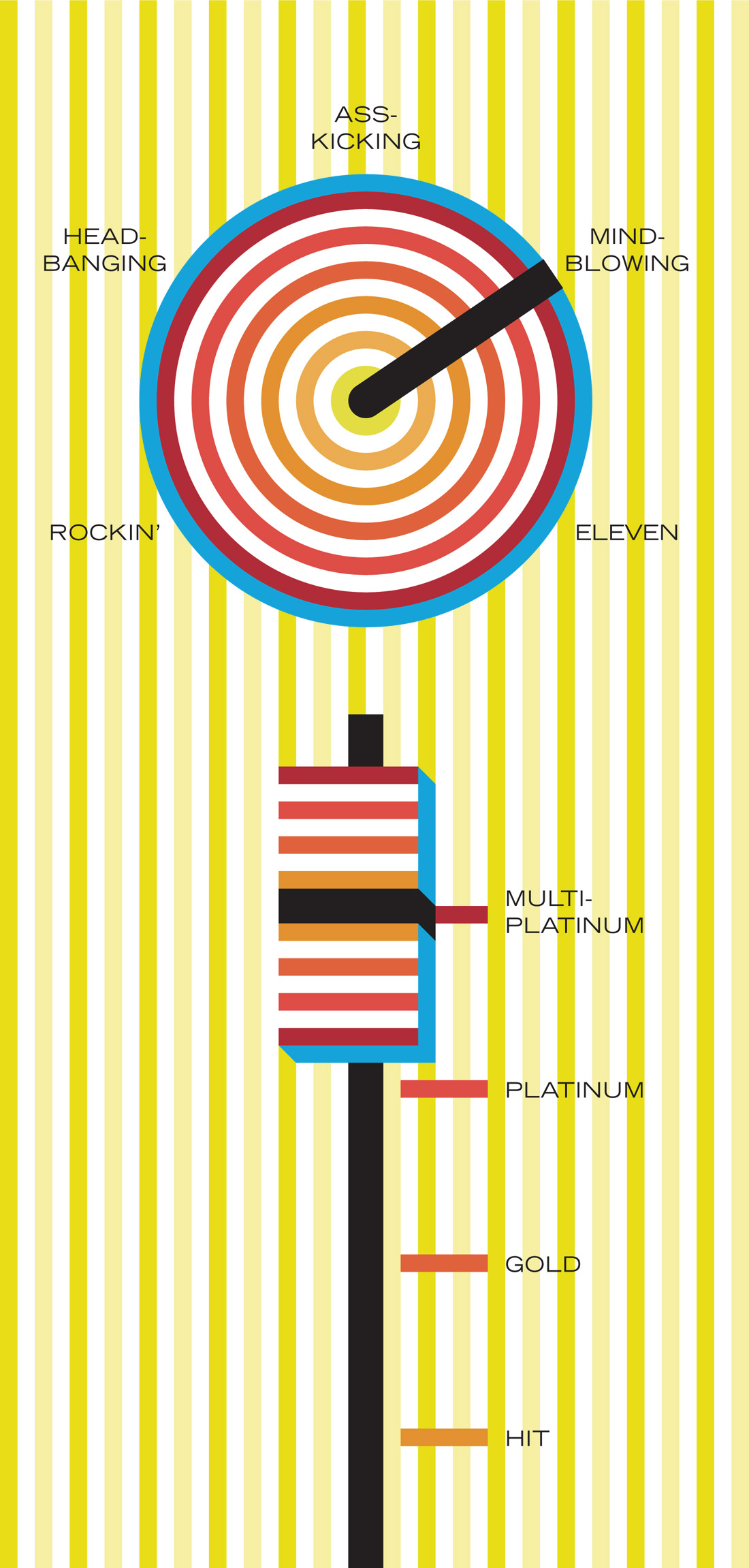Miktek, located in Nashville, TN, is relatively new on the scene, but their microphones are making a big impression. The C7 is their large-diaphragm FET condenser mic, which is aimed at the very crowded studio vocal microphone market. Looking like the typical studio vocal mic, the C7 houses a dual, custom-made 1’’, 5 micron thick diaphragm — allowing for cardioid, omni, and figure-8 polar patterns. The black-trimmed, silver body of the mic houses familiar-looking switches for pattern selection, low-frequency roll-off, and -10 dB pad. The C7’s self-noise, while not the lowest on the block, certainly beats many of the acclaimed, classic FET vocal mics, and its ability to handle loud sources exceeds any mic I have ever come across. Miktek’s design and finish are first-class, including a beautiful wooden case and sturdy suspension mount, all packaged inside an aluminum carrying case. A couple of unique features hide inside the mic’s body, including a classic, full-sounding AMI transformer, and a switch providing the unique ability to change the bias voltage to the capsule from +48 to +60 volts. This switch, which I would love to be able to access without unscrewing the mic’s case, allows the user to choose between a more classic-style tone and a more modern “fast” response. To my ears, changing the bias voltage between vocal takes was much like switching between transformer types on mic preamps. One position sounded more accurate, while the other sounded more cozy, but still very clean and open. I sometimes couldn’t decide which position sounded more appropriate —each highlighted different, somewhat subtle nuances.
For both female vocals and acoustic guitar, the C7 provided sounds that fit inside my mixes with very little EQ necessary. Many of the newly designed vocal mics have friendly response curves and specs — but no real vibe, or flattery. The Miktek C7, however, brings some real mojo to the table and enhances the source, without clouding or coloring the sound in an unexpected way. If I had two C7s, I would have tried them on drum overheads and piano, where I’m sure they would have sounded clean and accurate. Miktek’s choice of capsule, transformer, and high-grade components provide a full, open, and accurate sound that never sounds harsh or strident. The C7 might not replace your favorite tube vocal mic (check out Miktek’s CV4 for that), but I would put the C7 ahead of most of the vocal mics under a few thousand dollars. It certainly deserves a good listen as an all-purpose studio mic.
($899 street; www.miktekaudio.com)
Microphones | No. 74
sE4400a large-diaphragm condenser mic
by Andy Hong
I don't think I've ever started a mic review by introducing the accessories first. But given the innovative design of the shockmount included with the sE4400a, I can't help but get that out of the way...




_disp_horizontal_bw.jpg)